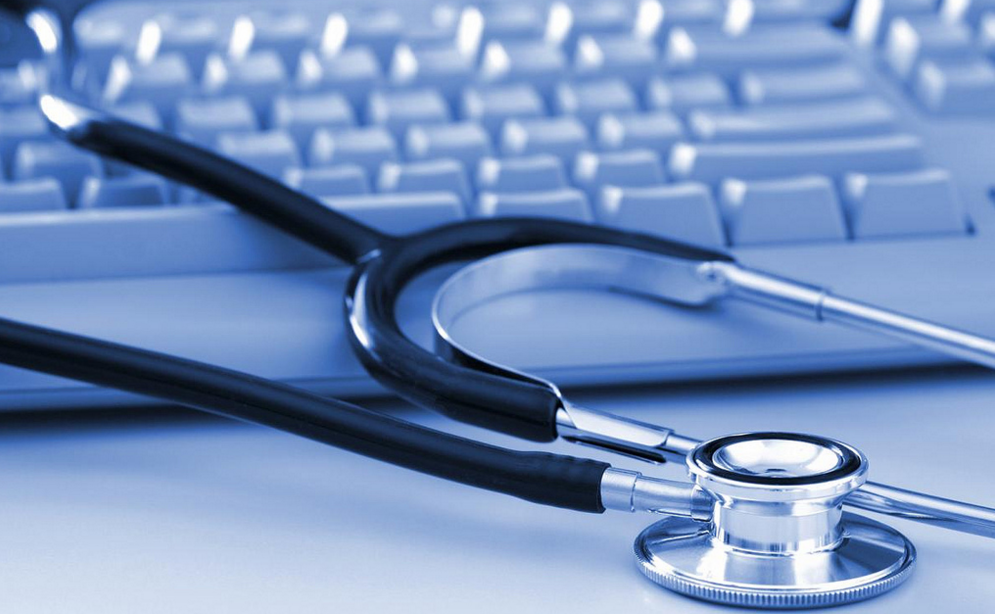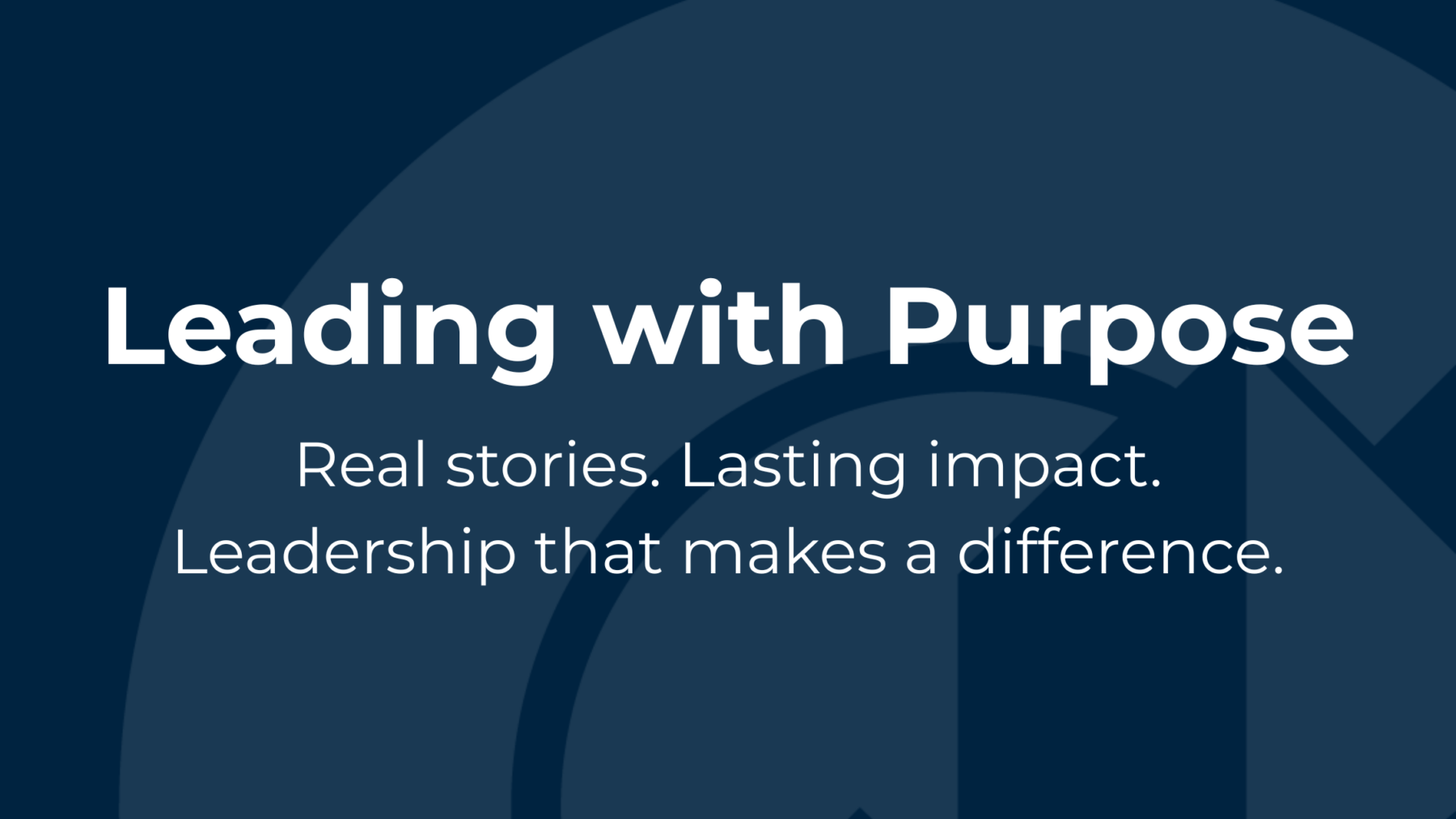We know we’re fortunate to live in Colorado for so many reasons. And one of those reasons that has become even more apparent in 2020 is our proximity to excellent health care institutions.
In metro Denver, we are surrounded by the leaders in medicine. Our hospitals and health care systems outrank others nationwide.
- Eight Centura Health hospitals received an A for patient safety (The Leapfrog Group).
- Children’s Hospital Colorado ranked #6 among the top children’s hospitals (U.S. News & World Report).
- Craig Hospital ranked #8 in rehabilitation (U.S. News & World Report).
- HCA Healthcare Continental Divison, which includes HealthONE ranked #1 and UCHealth ranked #2 among the five top large health systems in the nation (Fortune/IBM Watson Health).
- National Jewish Health, along with UCHealth, ranked #2 in pulmonology (U.S. News & World Report).
- SCL Health Saint Joseph Hospital ranked high-performing in adult cancer (U.S. News & World Report).
- UCHealth ranked nationally in nine adult specialties (U.S. News & World Report).
Many of the faculty and staff at some of these institutions are also leading research that has the potential to change the trajectory of COVID-19 to help people worldwide.
Improving Testing
Adequate and fast testing has been one of the biggest struggles for getting this virus under control. As of Friday, Colorado’s positivity rate was 2.72%, which is below the 5% recommendation for containing the virus. The efforts of Metropolitan State University of Denver, Colorado State University and the Colorado Department of Public Health and Environment could help bring that down even further. These organizations are collaborating to test sewage at Front Range wastewater-treatment facilities to see if COVID-19 is present in the wastewater. The effort could give health care leaders a quicker way of learning about a potential surge in the virus, or if no COVID is found, it could help with decisions about reopening policies.
With children heading back to school, many parents, students, teachers and administrators are wondering whether children are a source of spreading the virus. National Jewish Health is studying whether children have fewer infections or lack symptoms, as well as whether asthma and other allergic diseases affect the symptoms and severity of the disease. And even with Denver Public Schools’ students learning virtually as the school year begins, Denver Health’s School-Based Health Centers continue to be open to all DPS students, both in-person and over the phone.
When it comes to improving the turnaround rate for testing, Centura Health is one of a small group of health systems nationwide working to implement a digital way to study the minute structure of human tissue and organs and how disease changes the body’s tissue. By quickly scanning slide specimens, the technology could help quicken the turnaround time for test results for a variety of needs, including COVID-19.
Discovering a Vaccine
Experts say a viable vaccine is our best way out of this pandemic. As members of the COVID Prevention Network, UCHealth and the University of Colorado School of Medicineare recruiting 1,000 patients to test the Moderna vaccine. The trial is for people who are most at-risk for contracting and becoming ill from the virus, including health care workers and people in higher-risk groups, such as Black, Indigenous and Hispanic patients and those with certain health conditions. Kaiser Permanente is also participating in clinical trials for a vaccine, enrolling 1,400 participants in California and Oregon.
Treating Those Who Are Sick
When it comes to treating the disease, Children’s Hospital Colorado has been collecting data to research the effects of convalescent plasma on COVID-19 patients. At one time, the hospital was the only center in Colorado collecting convalescent plasma. And, DaVitahas launched two clinical research trials to study how COVID-19 affects people with end-state kidney disease who are receiving dialysis. One study looks at how COVID-19 antibodies affect immunity in patients receiving dialysis at DaVita dialysis centers. The other looks at the link between genetic markers and the severity of COVID-19 symptoms in patients with end-stage kidney disease.
We knew Colorado’s health and bioscience industries were strong before, but we had no idea the challenges they’d face in 2020. They’ve risen to the occasion and then some. Let’s do our part for them – stay socially distant, wear a mask, wash your hands and continue to work remotely as much as possible. We’re on our way to a stronger Colorado and a stronger economic recovery when we all do our part.
Kelly Brough is the president and CEO of the Denver Metro Chamber.



